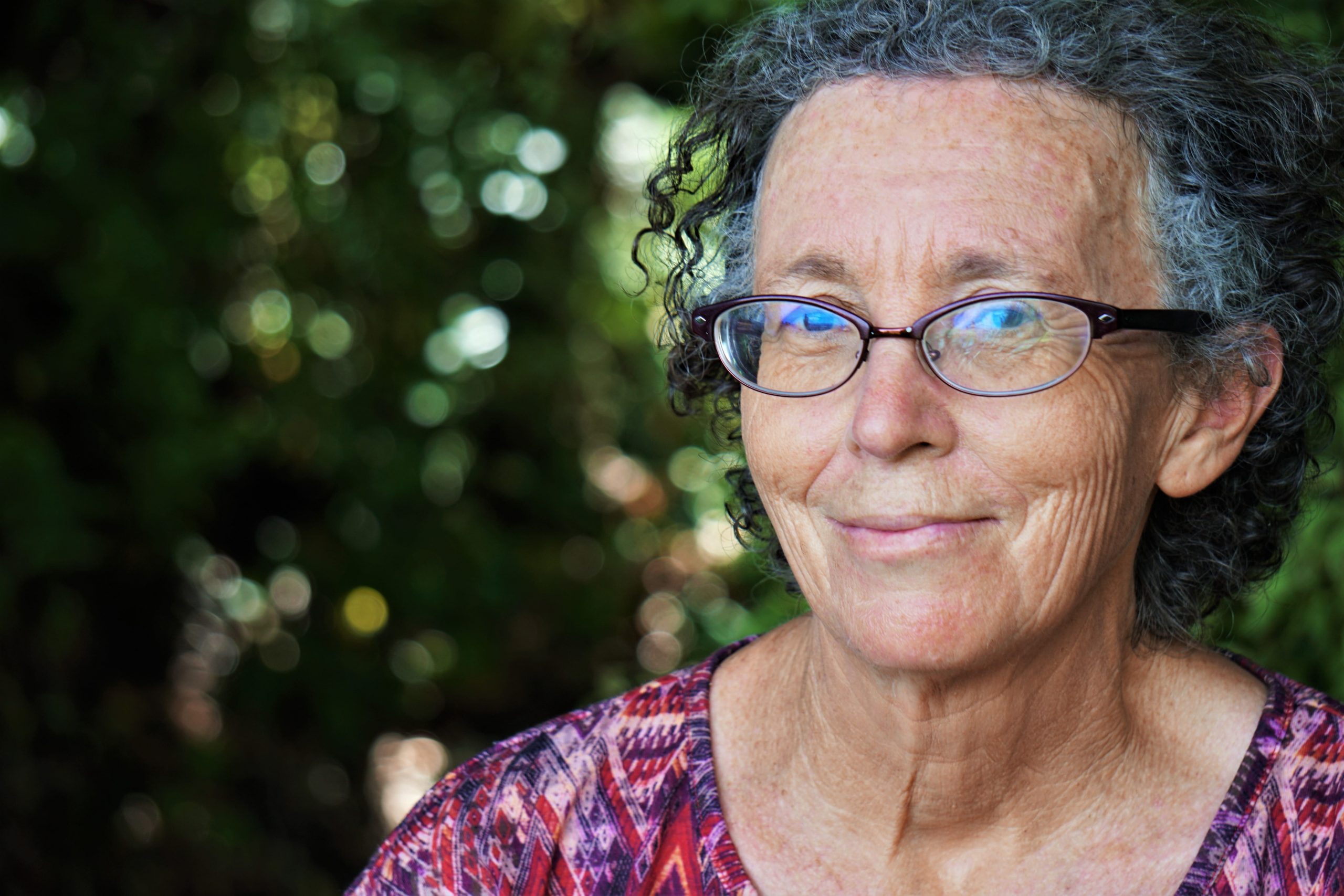With the world still spinning and coming to terms with a new reality under the COVID-19 new world order, many participants, providers and the self-employed are wondering what happens next.
Make no mistake, the world has changed permanently, and things will likely never completely return to the ‘old’ normal. But that does not mean life won’t continue, much the way it did before COVID in a new sense of normal. In the disability services industry, our clients are still there and needing our care and support more than ever.
The NDIS was originally established to ensure that people with a disability had the support they needed to live a life with choice and control. Before the outbreak, demand for services under the NDIS was motoring along with expectations that 3 in 5 new jobs created in Australia would be in the disability services industry to support participants. The NDIS scheme has committed to $22 billion in funding for the supports required and that figure is unlikely to be reduced any time soon.
Great support work requires a personal connection between the participant and the carer, now more than ever, people are scared and craving that connection in a ‘socially distant’ world.
So where do we go from here?
Nobody knows for sure what services will look like in the future, but one thing is for certain, support is still required and in just as much demand.
Here are 7 reasons why self-employment is going to thrive during Covid-19.
1. Safety first
Safety is going to be critical to ensuring the health and well-being of every person within the scheme. New measures will need to be adopted and people will need to accept the highest possible level of caution.
For the self-employed in the NDIS, this is going to require careful and thorough reviews of the way you deliver services and the actions you can take to help improve safety. Every minute detail needs to be considered and the proper hygiene practices put in place.
2. Services required
Ok so here are the numbers, these are all prior to Covid but the dollars haven’t changed since then.
the Productivity Commission now estimates that around 475,000 people with disability will receive individualised support at a cost of around A$22 billion per year.
That means there are 475,000 people that need support services and around $22 billion that will be spent on those services each year. The long and short of it is that there is a lot of demand for support workers and self-employment provides an opportunity for individuals to provide meaningful services.
3. Self-employment sparks innovation
Support work, like many other jobs will look very different as we move into a world where health, safety and human contact is creating never before seen challenges.
Self-employment allows individuals to take their ideas for solving these challenges and deliver services in a new way. Innovation will be essential to ensuring that choice and control is still at the core of the NDIS. Small business has long been one of the best breeding grounds for innovation.
4. Craving connection
Human connection and interaction is such an important part of the way we live and being forced into isolation has shown how much we take it for granted. With social distancing measures likely to be in place in one way or another for some time to come, connection will be in high demand.
The self-employed have the freedom to deliver the services that resonate with them and build personal relationships in a way that others can’t. A self-employed business owner is so reliant on their reputation and the sense of achievement that comes from being their own boss often transforms the quality of their work.
5. Flexibility for participants
The government is doing what it can to help support the NDIS and give participants some certainty in amongst all this change. Initiatives like the ability to use core support funding to access support co-ordination, automatic plan extensions and simplifying the switch for participants who want to move to a Plan Managed option all give participants the flexibility they need to continue accessing their support services.
6. Filling the workforce gap with an opportunity
One of the biggest gaps identified in the roll-out of the NDIS prior to the pandemic, was it’s need to attract and keep a workforce capable of delivering the services required to meet demand.
The industry has had difficulty previously attracting and keeping youthful workers while also needing services to be available in rural and remote communities.
Self-employment offers the ability for individuals looking to build something for themselves to create a business that makes a difference for people with a disability. It’s the opportunity to use their existing skills and qualifications to provide services across Australia whether remotely or in-person. At the same time, they are building something that gives them control over their working life and the freedom to do it their way.
7. Specialised and niche services
Niche services have already been growing in the NDIS before Covid and are likely to become even more highly specialised afterwards. This doesn’t necessarily mean services themselves are highly technical or advanced, but that service providers particularly when self-employed, can hone in on a single area of expertise and become the best in that space.





